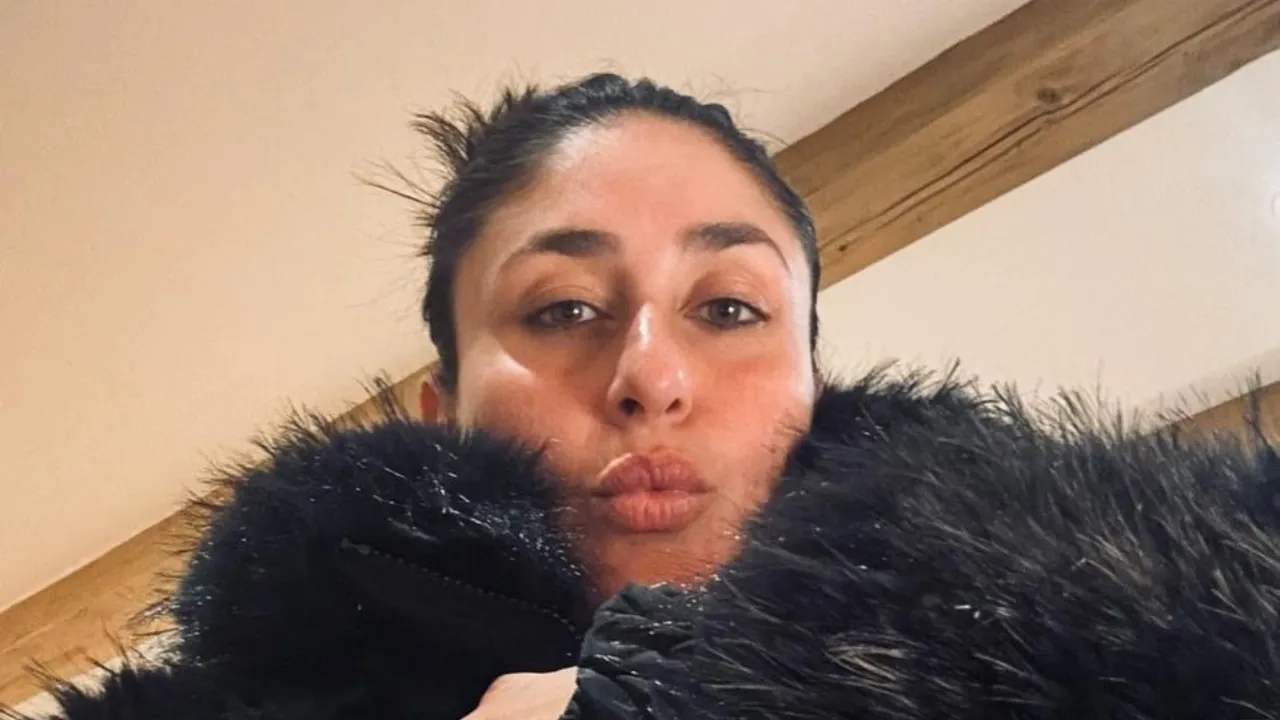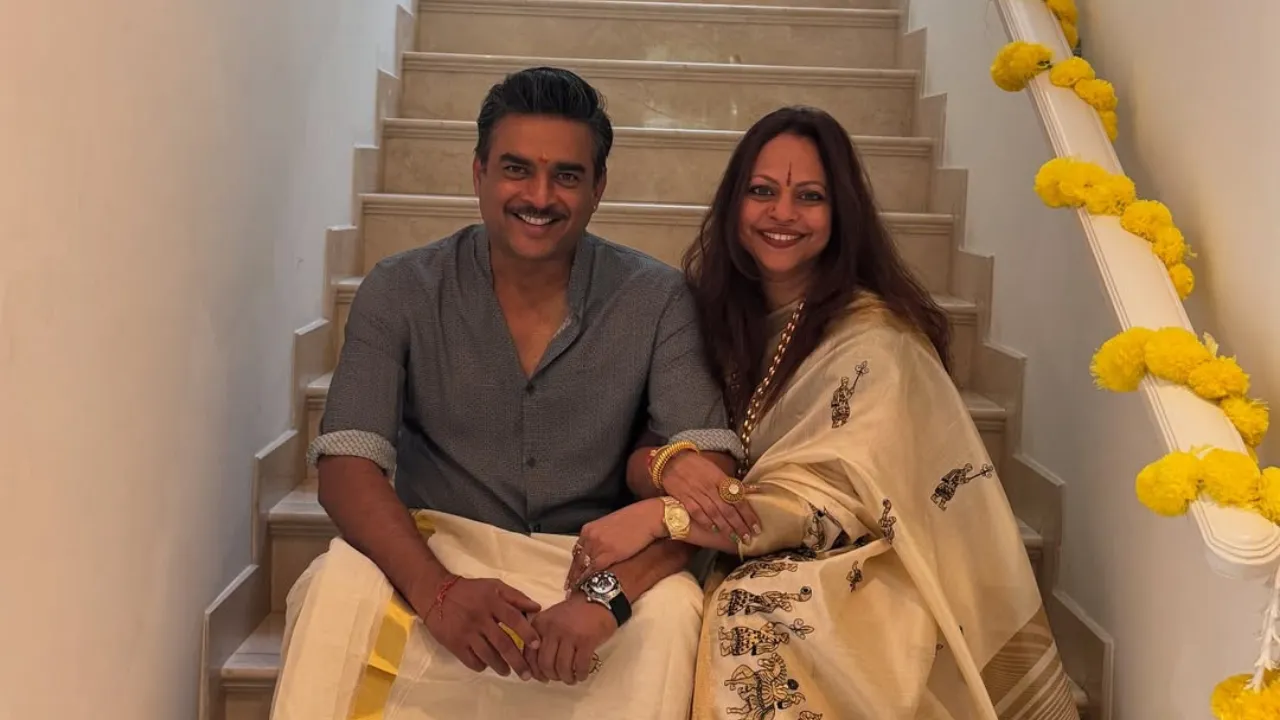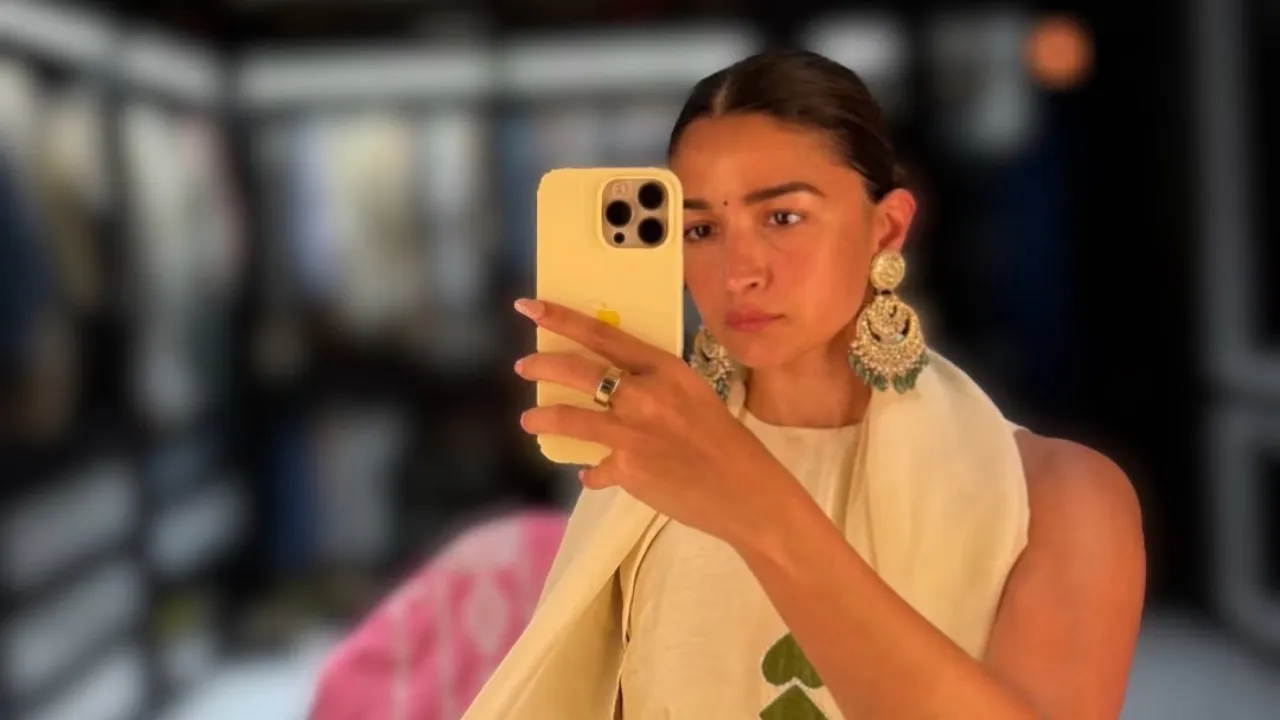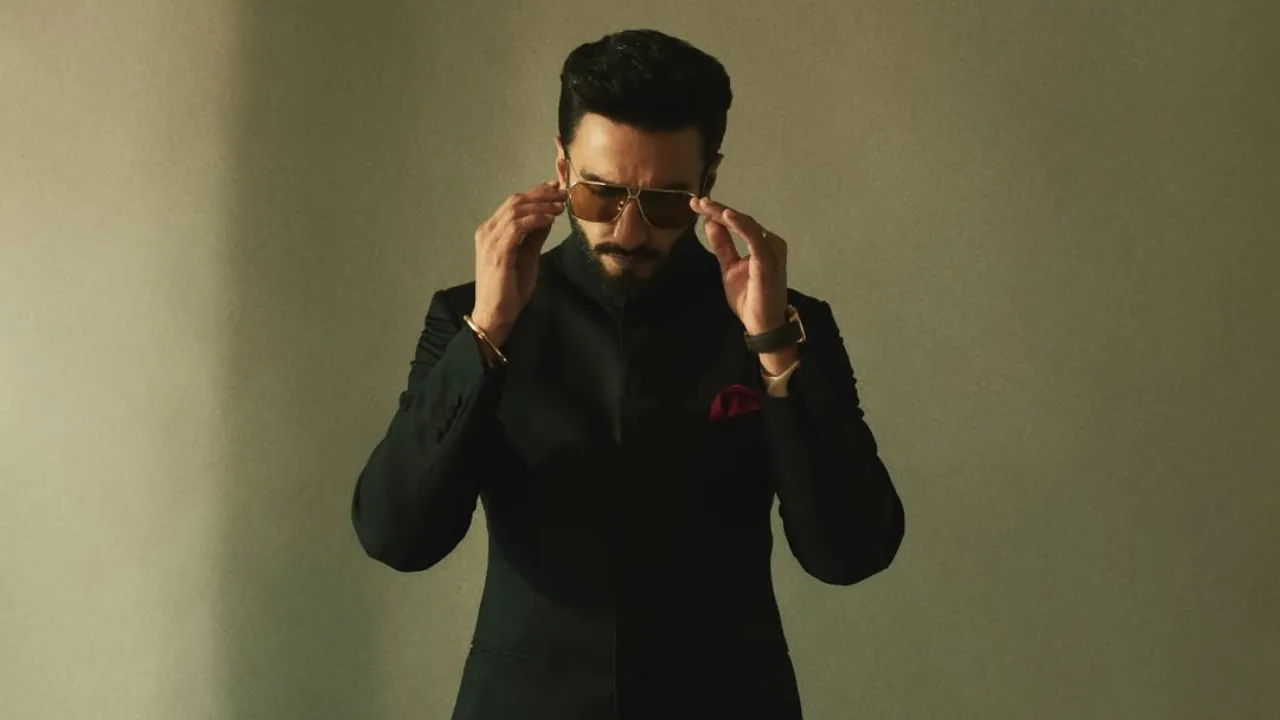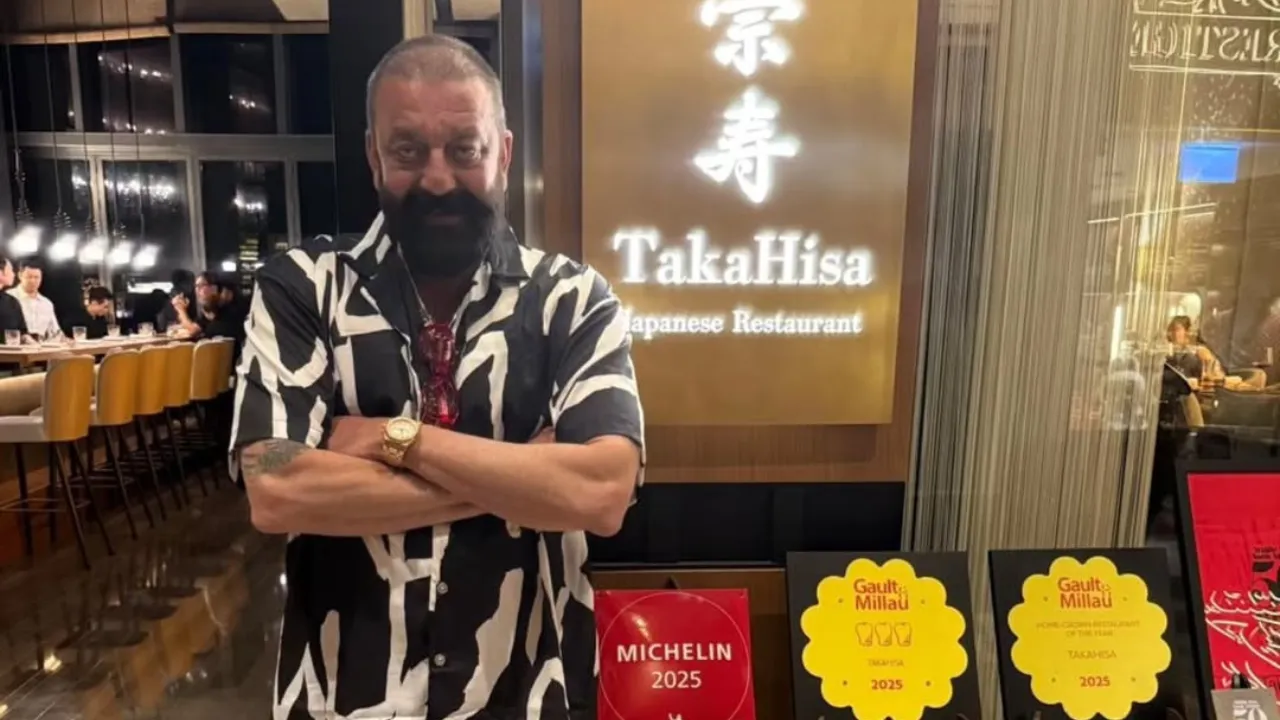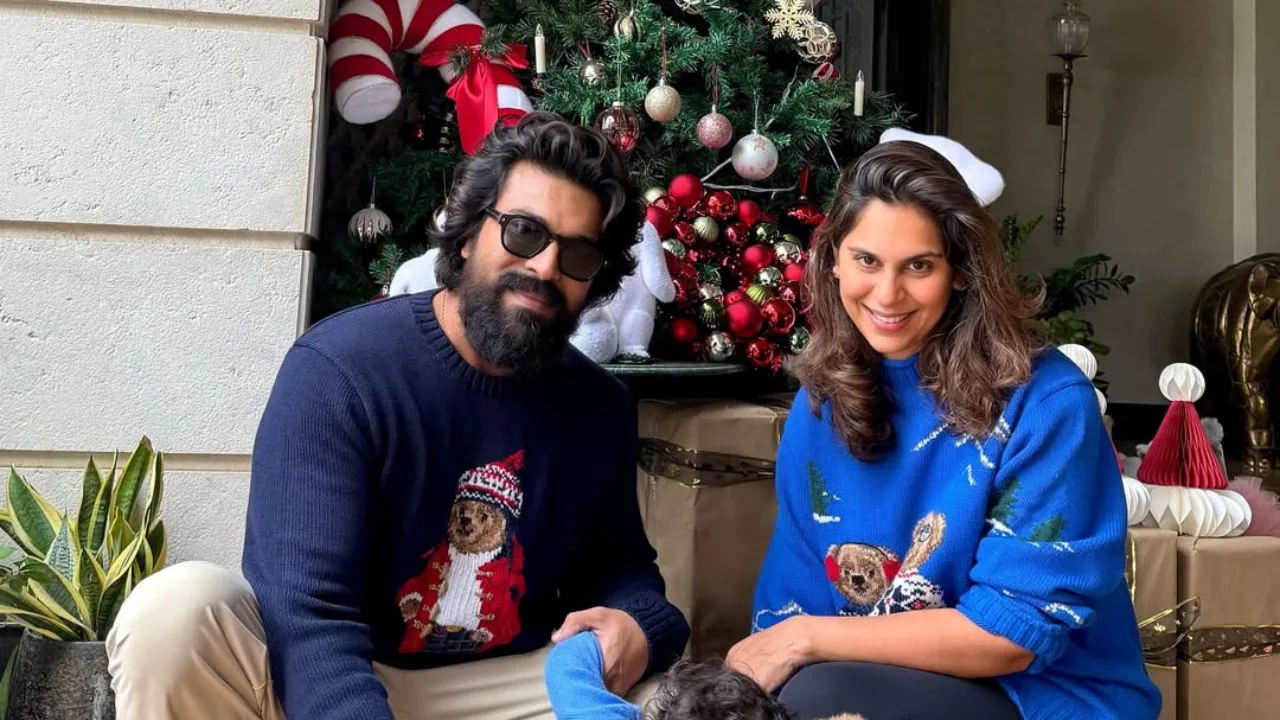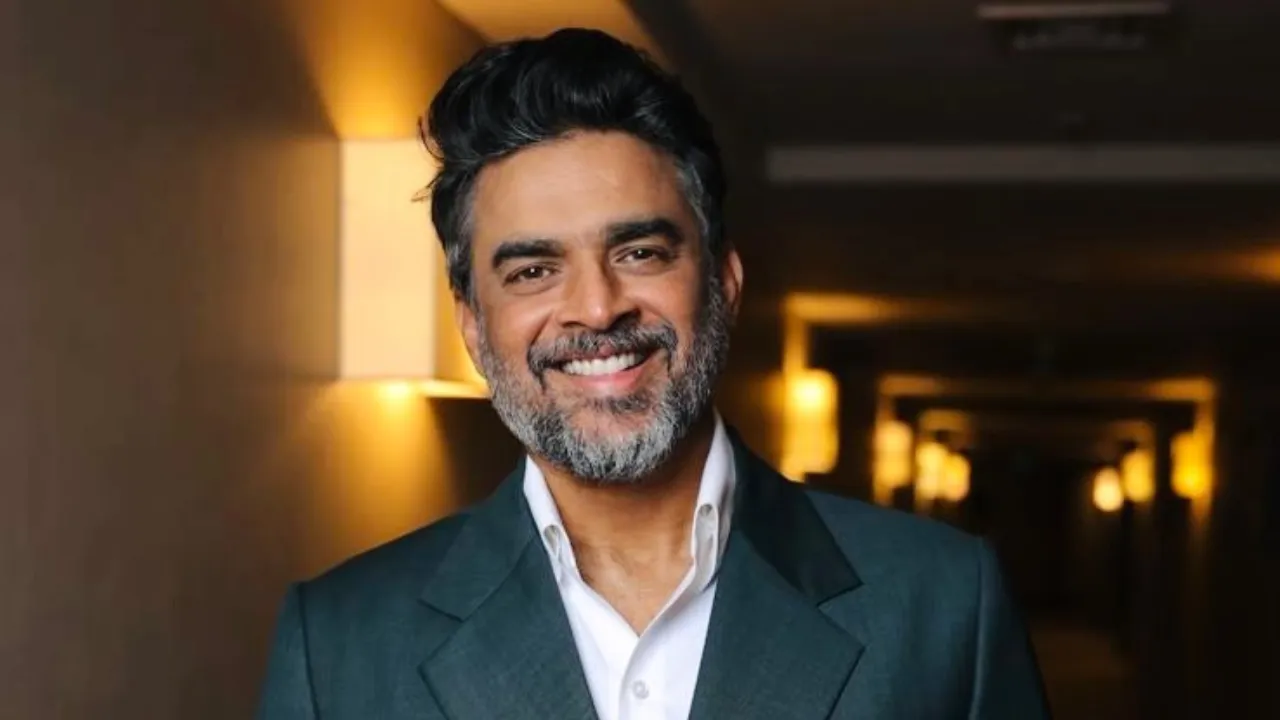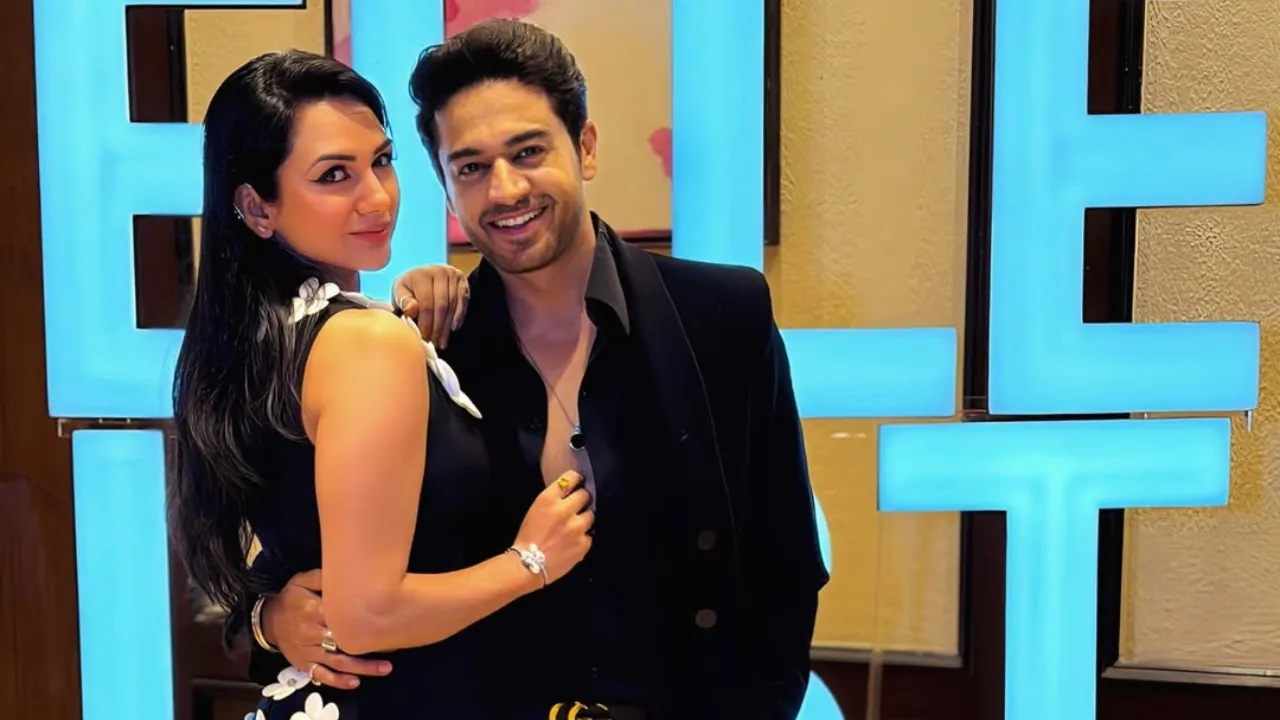Actress Manya Anand accuses Dhanush’s manager of casting couch: what we know so far
Tamil television actress Manya Anand has publicly alleged that a man she says is actor Dhanush’s manager pressured her with casting-couch demands while offering a film opportunity. The claims — made in a recent interview — have stirred fresh debate about abuse of power in the Tamil film and TV industry. Below I summarise the allegations, the evidence reported so far, and the reasonable next steps for victims and the industry.
The allegation in brief: what Manya Anand says happened
In a detailed interview, Manya Anand said a man named Sreyas — whom she identifies as Dhanush’s manager — contacted her offering a role linked to Dhanush’s circle. According to Manya, the conversation quickly shifted from professional terms to a demand for “adjustment” or “commitment,” language commonly used to describe quid-pro-quo sexual requests in casting-couch cases. She says she refused and that the man persisted, asking whether she would “not adjust even if it’s Dhanush sir.”
Key points Manya Anand has shared publicly
- She claims Sreyas repeatedly pushed for an “adjustment” in return for work.
- She says he sent the location of Wunderbar Films (Dhanush’s production house) and even a script after she refused.
- Manya has described the behaviour as part of a pattern she believes affects other artists as well.
Who is involved (and what’s been confirmed)
At the time of reporting, major news outlets have carried Manya’s interview and summarised her claims, but no independent legal filing or police complaint is publicly cited in these reports. Media outlets note that neither Dhanush nor the person named (Sreyas) had issued public statements responding to the allegations when the stories were published. That distinction — allegations versus proven facts — is important.
Why this matters: casting couch and industry power dynamics
The casting-couch phenomenon is not new, but public reckonings depend on victims speaking up and on institutions following through. When established gatekeepers control access to roles, the power imbalance can enable sexual coercion and silence survivors.
Manya Anand’s allegation contributes to a broader conversation on accountability in film industries: how casting is managed, how production houses vet representatives, and whether accessible complaint mechanisms exist for junior artists. Her decision to speak publicly highlights both the personal cost of rejection and the systemic problem of informal power channels.
Sources and verification: how journalists are covering this
Multiple reputable outlets have reported Manya’s interview and the quoted exchanges. The main facts journalists are repeating are:
- Manya’s on-record interview claims and quotes.
- References to the person named (Sreyas) and his alleged connection to Dhanush.
- Lack of public rebuttal from the parties named at the time of publication.
At this stage, those media stories are relaying Manya’s account. Independent verification — such as official statements, police records, or corroborating witnesses — has not been published in the reports reviewed. That’s a normal — and important — distinction in responsible reporting.
Practical next steps (for Manya and for other artists)
If someone faces this situation, there are clear, practical options:
For the alleged victim (or anyone in a similar position)
- Preserve evidence: keep messages, call logs and any scripts or location details sent.
- Consider legal advice: a lawyer who specialises in sexual harassment or criminal law can advise on FIRs, injunctions, or civil remedies.
- Reach out to support networks: industry unions, women’s helplines and NGOs can offer counselling and practical support.
- If safe and willing, file a formal complaint with the police or a labour/industry grievance body — formal records make it easier to investigate patterns.
For producers, talent agencies and industry bodies
- Publicly clarify hiring protocols — who can offer work and how meetings are scheduled.
- Institute a verified point-of-contact list so artists know the official representatives of a production house.
- Create confidential reporting channels and guarantee protection against retaliation.
- Offer training and awareness programs for casting teams and managers.
These steps help transform a conversation into systemic change rather than isolated headlines.
What to watch for next
- Any official statements from Dhanush, Wunderbar Films, or the person named (Sreyas). Several outlets noted there was no immediate response at publication.
- Whether Manya Anand files a police complaint or pursues legal action; formal filings trigger investigations and create an official record.
- Independent corroboration from other artists or documentation that might support or clarify the timeline and communications Manya described.
Final take: why responsible coverage and due process matter
Allegations like the one made by Manya Anand need to be taken seriously — both to protect victims and to preserve fairness for those accused. Responsible journalism reports claims and context without conflating allegation with conviction. At the same time, industry leaders must act to reduce opportunities for coercion and provide safe, transparent pathways for work.
If you’re following this story, look for corroborated updates: official statements, police records, or documented investigations. Until such material appears, the responsible stance is to recognise Manya’s claim as a serious allegation that warrants prompt, impartial inquiry
Also Read: Anushka Sen Teams Up with Grammy Winner for Debut!






